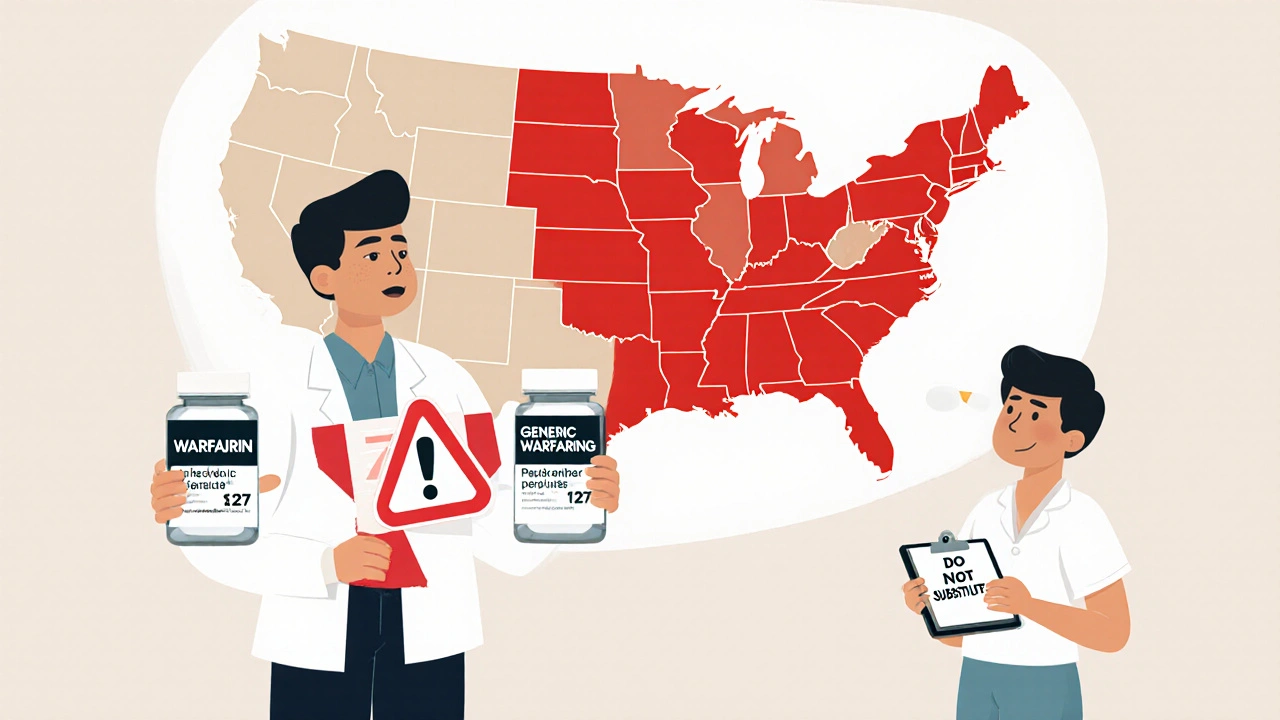Narrow Therapeutic Index Drugs: Risks, Examples, and Why Precision Matters
When a drug has a narrow therapeutic index, a small difference between a safe dose and a toxic one. Also known as low therapeutic index drugs, these medications require extreme precision—too little won’t work, too much can land you in the hospital. Think of it like walking a tightrope: one misstep, and things go wrong fast. This isn’t theoretical. It’s why doctors and pharmacists double-check doses for drugs like warfarin, lithium, and phenytoin. Even a 10% change in blood levels can trigger seizures, kidney damage, or fatal bleeding.
These drugs aren’t rare. They’re used every day for epilepsy, heart rhythm issues, organ transplants, and severe mental health conditions. For example, lamotrigine, a common antiseizure medication has a narrow window—switching from brand to generic without monitoring can cause breakthrough seizures. Same goes for cyclosporine, used after transplants to prevent rejection. If the body absorbs even slightly more or less, the organ could be rejected or the patient could suffer kidney failure. That’s why pharmacists often flag these prescriptions and why patients on these drugs need regular blood tests.
Generic substitution sounds great on paper—lower cost, same active ingredient. But for narrow therapeutic index drugs, "same" doesn’t mean safe. Manufacturing differences, fillers, or how fast the pill dissolves can shift blood levels enough to cause harm. Studies show patients on generic versions of antiseizure meds have higher hospitalization rates when switched without oversight. And it’s not just generics. Drug interactions matter too. Grapefruit juice can spike levels of some of these drugs. Even a change in diet or another medication can throw the balance off.
There’s no one-size-fits-all fix. Some patients do fine switching. Others can’t afford even a small change. That’s why tracking, communication, and consistency are non-negotiable. If you’re on one of these drugs, know your exact brand and dose. Keep a log. Tell every new provider you’re on a narrow therapeutic index drug. Don’t let pharmacy substitutions happen without your approval. Your life might depend on it.
Below, you’ll find real-world stories and guides on how these drugs behave—what happens when generics switch, how interactions sneak up on you, and how to stay safe when every milligram counts.
Twenty-seven states have special laws restricting generic substitution for narrow therapeutic index (NTI) drugs like warfarin and levothyroxine. Learn which states block swaps, why they do it, and what you should do if you take one of these critical medications.
Nov, 20 2025

